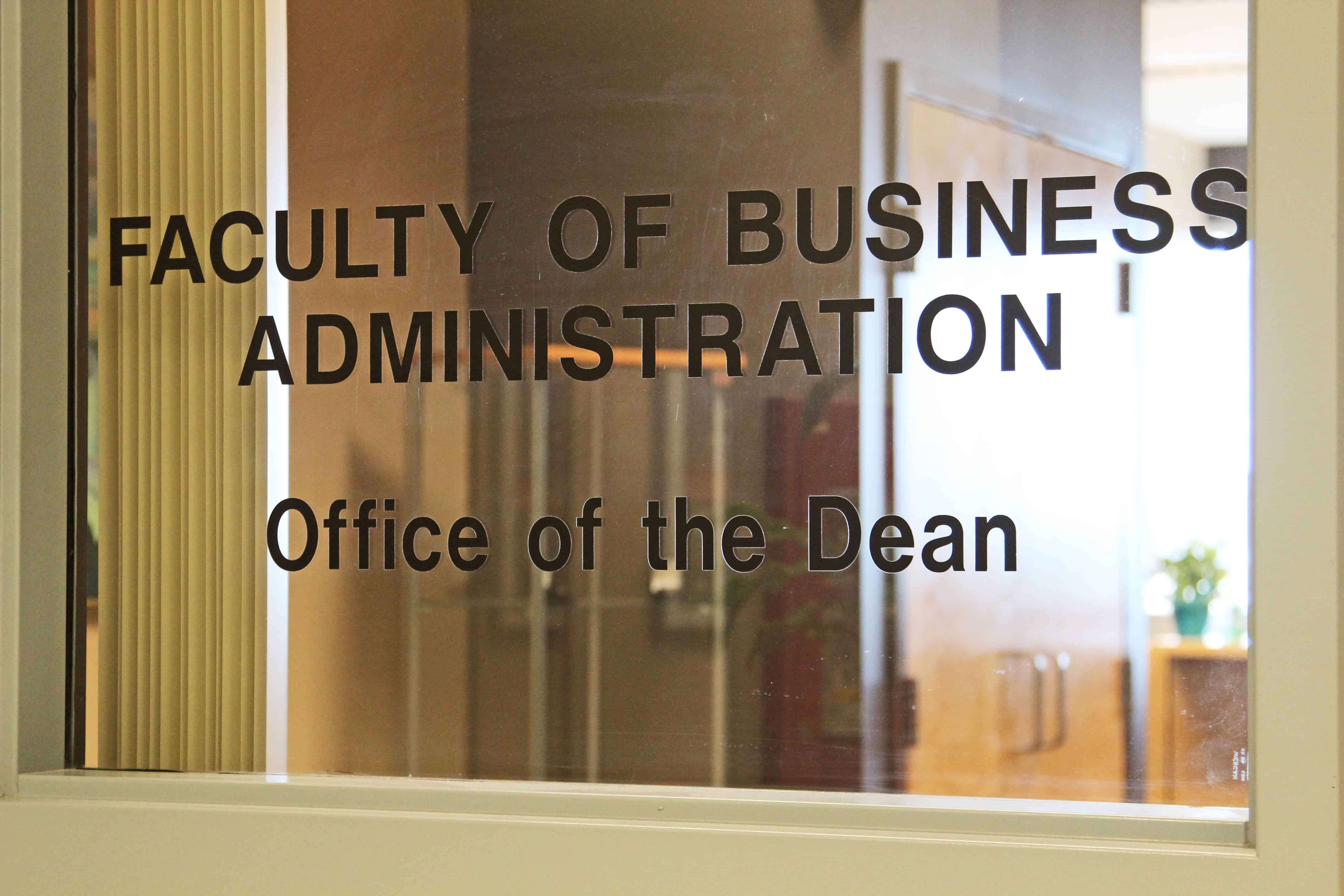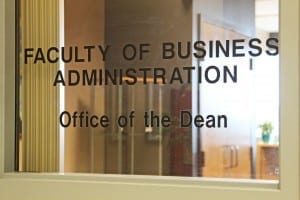The BDS call at the U of R

Be open to understanding all sides.
Author: Ahsan Amjad
The Israel-Palestine conflict is one of the longest-running conflicts to emerge out of the 20th century. In terms of importance in our current global geo-political discourse, it’s arguably one of the most persistent. The conflict at its core is about the protection of human rights and dignity; this in turn makes it a highly charged and emotional issue to many people throughout the world. Thus, the conflict has found its way into the discourse at the University of Regina. At the U of R, the BDS campaign has been at the forefront of efforts to lobby on behalf of the Palestinian cause. The BDS campaign “call[s] for a campaign of boycotts, divestment and sanctions (BDS) against Israel until it complies with International Law and Palestinian rights.” Recently, the campaign has been protesting the U of R’s alleged connections with Hebrew University regarding potential partnerships between the two institutions over a joint MBA on public safety, among other concerns. It is completely understandable why the BDS campaign would be so opposed to the alleged connections since Hebrew University works closely with the Israeli Defense Forces in terms of technology and leadership development. Both of which will most likely be used in the ongoing conflict against the Palestinians. While I support the BDS’s core principles to attempt to peacefully dissuade Israeli states suppression of Palestinian rights and freedoms, I feel as if their target in this current case may be the wrong one.
Universities are intended to be institutions where opinions and knowledge flow freely without hindrance or suppression of any kind. This thereby creates a unique environment that fosters peaceful and meaningful dialogue. Hebrew University is one the most highly recognized post-secondary institutions in Israel. Boycotting this institution here at the University would send a powerful message to Israel and solidify our stance with the Palestinian cause. However, I feel that it would be more detrimental than advantageous for BDS campaigns long-term goals. One would argue that it would be better to promote a discourse with them regarding the Israel-Palestine conflict. Seeing as Canada has had a long-standing involvement in global peacekeeping and mediation and that the U of R itself is home to the First Nations University of Canada, which has become a instrumental in creating better relationships with First Nations communities across Canada, would it not be better to share this knowledge and information with Hebrew University? To create a foundation of dialogue, so that they may be able to educate future potential policy makers on alternatives routes to peace and security in the region. If we do not keep these lines of dialogue open and do not give a fair and equal voice to the Israeli side, then we run into the potential risk of hardening them against any attempts of future dialogue. Education is the bridge to understanding and understanding is the key to peace. At the end of the day, we must keep in mind that the only viable resolution to the Israeli-Palestinian conflict will be one that is made of fair and equal terms for both sides.










